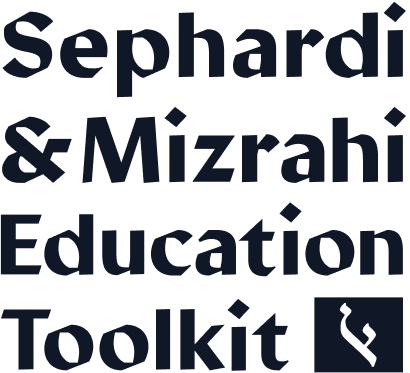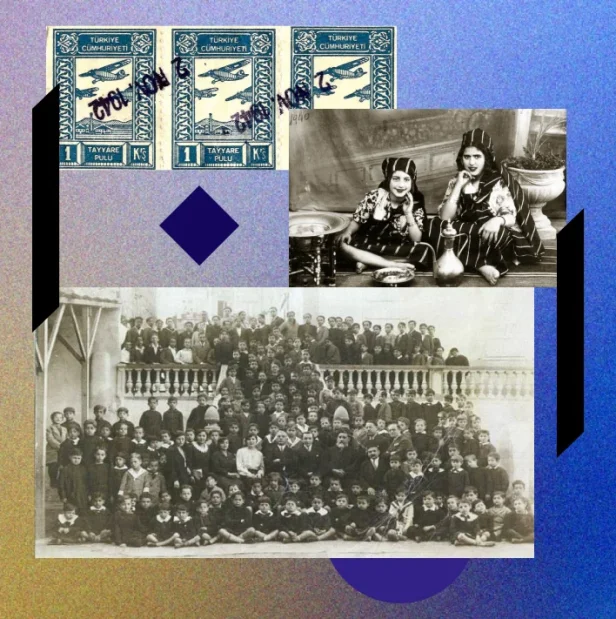Ask students to share about their family roots and heritage. If they don’t know, encourage them to ask their family questions and explore their roots. Talk through the strengths students recognize in the stories they hear. Remember that each student is the primary authority of their own cultural experiences. Coming to any interaction with students on the topic of culture/heritage/diversity requires the ability to sit back, listen and take the student’s lead around identity issues.
Support teachers by modeling active listening and humility when it comes to the cultural/ethnic/racial identity of students. Remind teachers that their Sephardi/Mizrachi students are not responsible for teaching the class about their identity. It is the responsibility of the community to include all parts of the Jewish story in the school curriculum.
Proactively run large-scale workshops and classroom-based activities to support development of students’ dispositions of empathy, curiosity, understanding, and acceptance. Use a range of techniques, such as role-playing, games, and storytelling to teach students about how we interact with and appreciate peers who come from different groups. Emphasize the similarities all children bring to the table while celebrating their differences. Any anti-bullying initiatives must incorporate lessons on spotting and preventing discriminatory behavior and speech.







